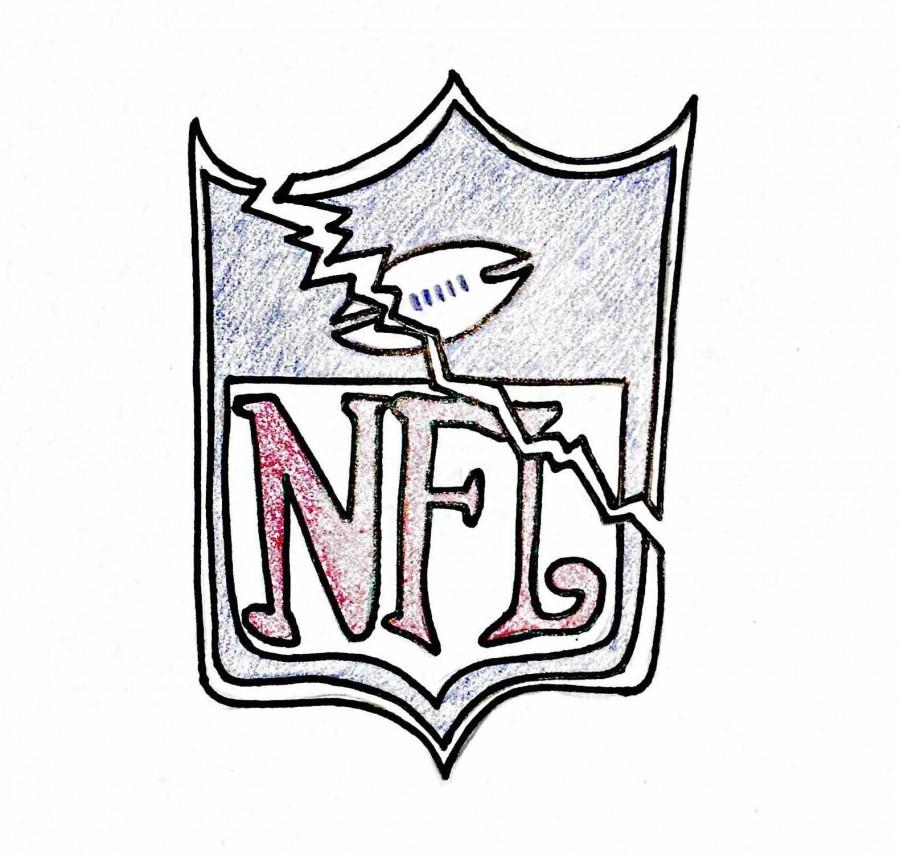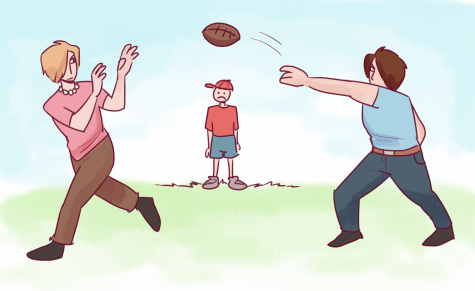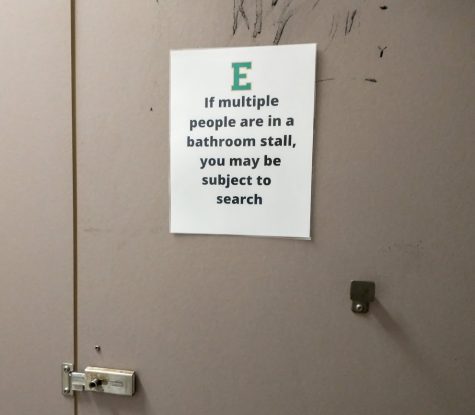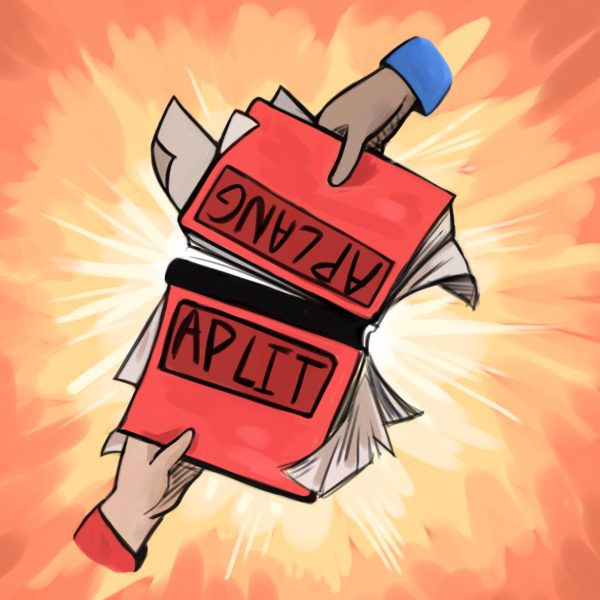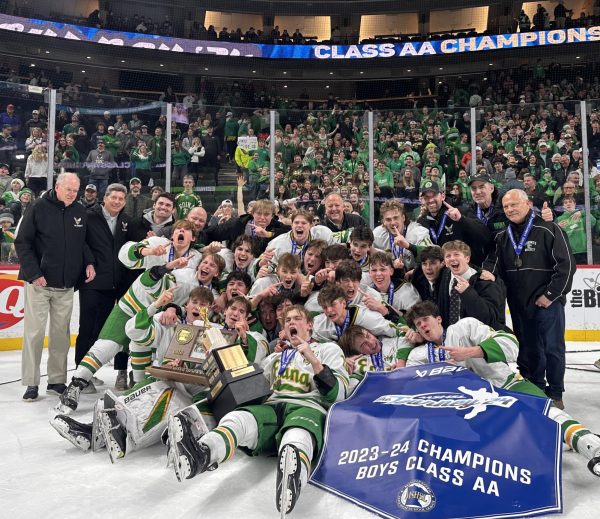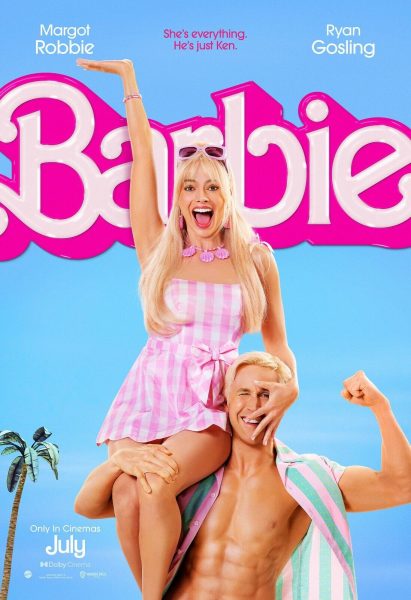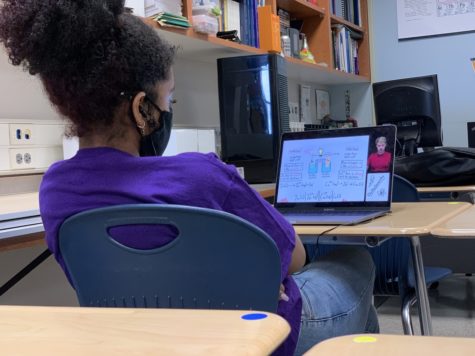It’s Time for the NFL to Make the Right Call
The NFL is going through a turbulent time—how are they handling it?
When sportscasters talk about “what a week in the NFL” it was, they’re usually referring to the action on the field.
This week was different.
Starting with the domestic abuse allegations made against Ray Rice and the controversy surrounding the release of the shocking video of the altercation, charges against numerous other players have been made, including Panthers’ defensive end Greg Hardy who was charged with choking his girlfriend, and threatening to kill her, and Minnesota’s own Adrian Peterson, who was charged with reckless or negligent injury of his four-year old son.
I have watched football for my entire life. As a Vikings fan, you learn to deal with a substantial amount of disappointment, but this is a different kind of disappointment—a more real, more personal kind.
I imagine myself as one of these women, brutally abused by her partner and reliving the gory, dehumanizing details of the incident every time it is broadcasted on national television.
I imagine myself as that four-year-old kid, with leaves stuffed into his mouth to keep him from crying out from the pain that a 220-pound running back is inflicting upon him.
“I am not a perfect son. I am not a perfect husband. I am not a perfect parent, but I am, without a doubt, not a child abuser. I am someone that disciplined his child and did not intend to cause him any injury,” Peterson said in a statement released via his personal Twitter account.
But he did. Cuts and bruises were found on the child’s back, buttocks, ankles, legs and scrotum, along with defensive wounds to the child’s hands.
After considering all of the facts, one would think that it would be reprehensible to allow these men—who have enormous influence on popular culture, and serve as the faces of their teams, their states, and the NFL as a whole—to play in football games, regardless of their skill level or contributions to the success of their team.
However, because the NFL lacks a uniform policy to administer the punishment of these players and, to put it bluntly, those in positions of authority in the NFL are cowards, the result has been total chaos.
Even though many of the accused have admitted to their wrongdoing, teams were allowing them to play under the cover of “due process”, stating that the players deserve to remain active members, of their teams until their cases are carried out to the full extent of the law. “Innocent until proven guilty” is a long-standing, and important principle of the American justice system, but at what point does a team decide that enough is enough?
The answer is if, and only if, it hits them in the pocketbook. When Radisson Hotels suspended its sponsorship of the Minnesota Vikings, the Vikings almost immediately deactivated Peterson, and placed him on the “Exempt List” (which you can look into on your own because it is way too complicated to delve into here). Not soon after, Anheuser-Busch released a statement expressing their disappointment towards the way that the NFL has been handling these cases.
The crisis happening in the NFL right now is especially compelling because it involves so many groups of interest.
Female fans are grappling with their love of the game
Female fans are grappling with their love of the game, and the league’s long history of downplaying charges of domestic abuse, an issue which will affect one out of every four women throughout their lifetime.
Those who stand by corporal punishment are perhaps questioning their tactics, and asking themselves if it really is the best way to discipline a child in the 21st century.
Sponsors are weighing the cost-benefit analysis of sticking with a team that tolerates abuse and deciding what they want their brand to represent.
The sole benefit to these incidents is the discussions they are fostering on a broader scale. After all, domestic and child abuse are not just issues limited to the NFL—they happen in every state, and every city, all over the country.
If sports are a microcosm of society, then what does that mean for us? Football could not be more quintessentially American.
It is worthy to note that a large majority of players in the NFL are upstanding men, who contribute to their communities and play by the rules—on and off the field. However, when we watch the games, buy the jerseys, and fund the stadiums, we are fueling the fire for an organization that supports the men who don’t.
The NFL has an unprecedented opportunity to make a statement by taking these players off the field and finally enforcing a zero-tolerance policy. They’d better not fumble.
Disclaimer: The views and opinions shared in this article are those of the writer, and not Zephyrus as a whole.

Hannah Kloos is a senior, and feels weird and wonderful about that statement. As online copy editor for Zephyrus, she spends a significant amount of time...

